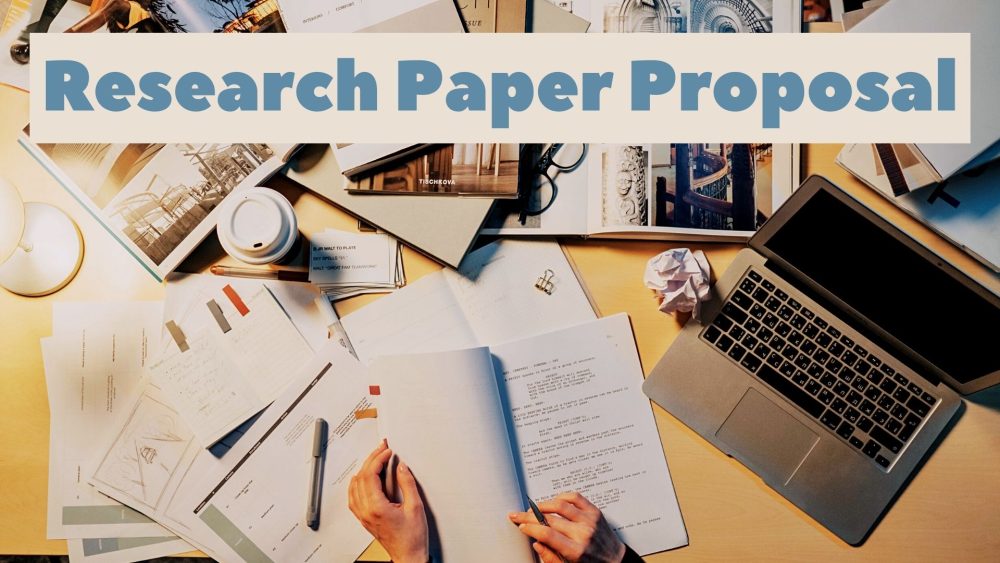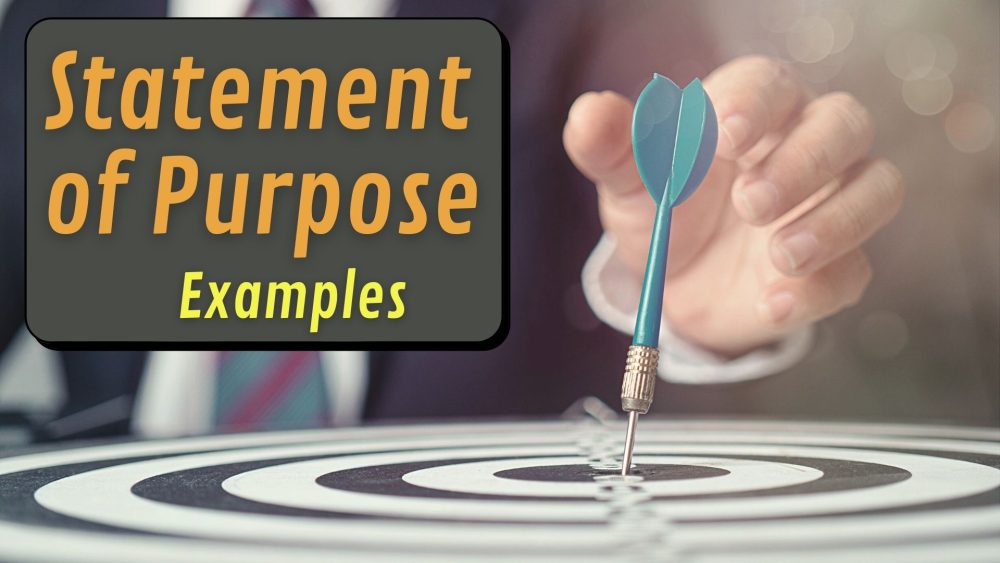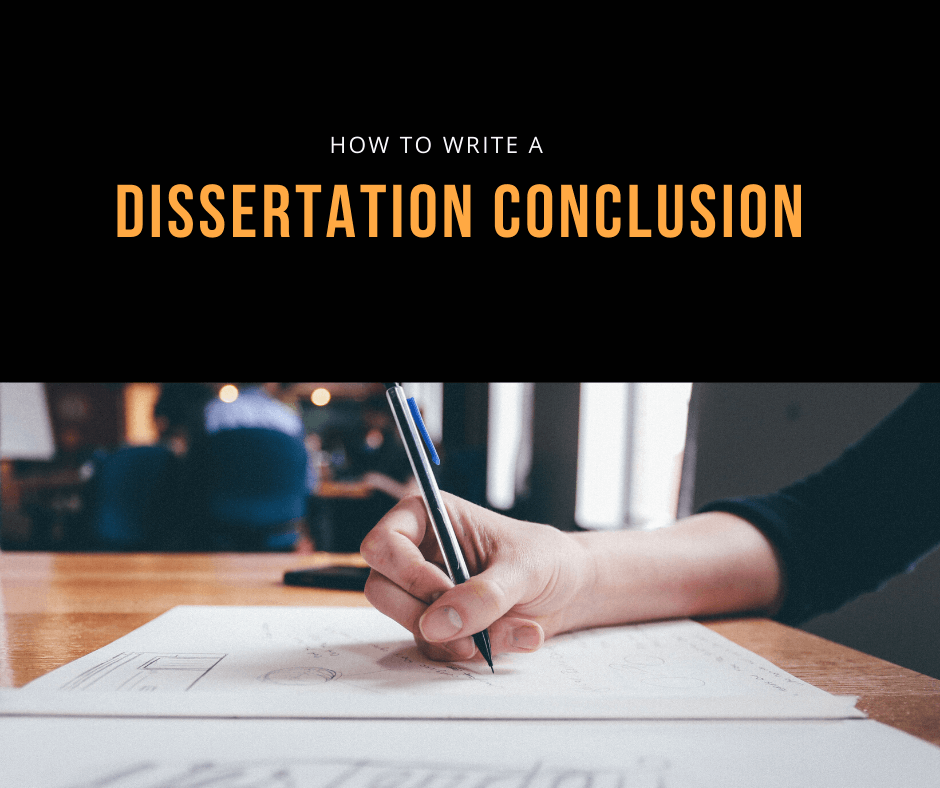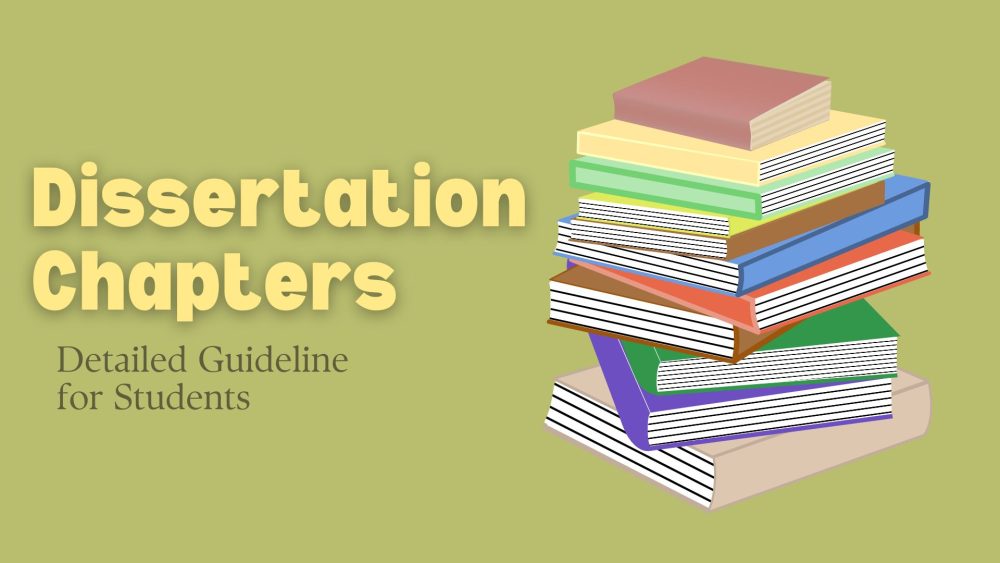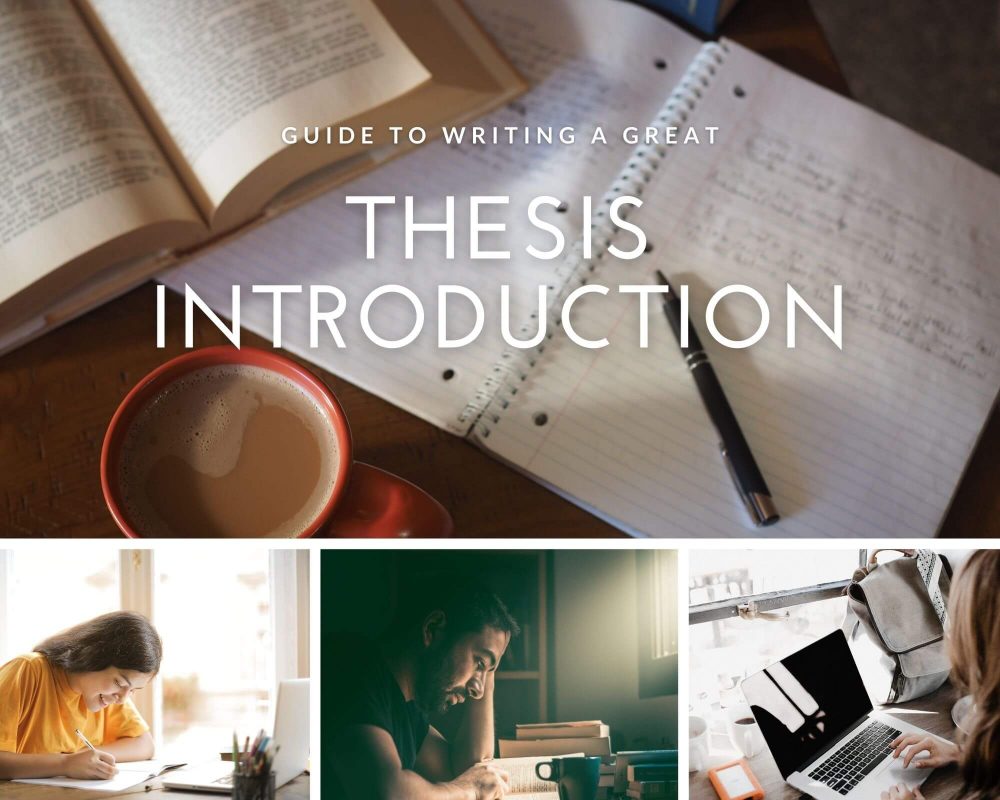One of the common types of academic writing that you will face at some point as a student is a research proposal. It is especially common in graduate studies for students seeking approval of their researches or funding. But writing a research proposal is considered one of the most challenging tasks. If you do not know how to do a research proposal well, crafting could mean missing the anticipated funding. This brings us to the primary question: “What is the best way to write a winning research proposal?” Here is our complete guide on how to write the best research proposal.
What is a Research Proposal?
Before we explore how to write a research proposal, it is important to understand what is a research proposal paper. A research proposal is a succinct summary of the research that you intend to undertake. The proposal sets out the primary study questions that you seek to answer. Further, it outlines the area of study where your research falls, explores the present state of available knowledge, and recent developments. More importantly, the proposal will highlight the originality of your research.
How to Write a Research Paper Proposal
Now that you know what a research proposal is, how do you go about writing it? Notably, how to write research paper proposal is approached the same way as that of a thesis. However, a thesis research proposal is relatively longer. To help you develop the right skills writing a proposal for a research paper, we are going to demonstrate using a complete research proposal template. Here, we are also going to tell you all the components that the research proposal should have.
- Title
Every proposal must have a title page that captures the crucial student’s details. Note that most university departments have specific recommendations for formatting the title page. Therefore, make sure to check with your department first. Here are the common components included in the title page.- The proposed project title.
- Student and supervisor’s names.
- Department and institution.
- Introduction
The introduction, like in a standard essay, is used to set the stage for the rest of the proposal. But in a proposal, you move a step ahead and use the introduction to set the pitch of the entire project. Therefore, you have to be as succinct as possible. In particular, you need to use the introduction to do the following:- Introduce the research topic.
- Provide some background of the study.
- Bring out the problem statement.
- Outline the research questions.
When still in the introduction, it is crucial to learn how to write a hypothesis for a research proposal. This is the argument that you adopt for the study and want to prove it right or wrong at the end of the project. To make it easy to write the introduction, try to answer the following questions:
- Who is interested in the topic?
- What is known about the problem?
- Why is research worth?
- Literature Review
The literature review section is used to demonstrate that you are familiar with the available studies that have been done on the topic of interest. When you comprehensively review recent and relevant literature, the reader is convinced that the study is a worth undertaking. Besides, it also demonstrates that you are working towards growing current knowledge as opposed to repeating what has already been done. So what should you include in the literature review?- Comparison and contrasts of theories, controversies, methods, and debates
- Critical analysis of strengths and weaknesses of approaches used in the current researches.
- Demonstrate how your proposed study will fit in the current literature. For example, is the study building on, challenging, or synthesizing the available literature?
- Research Design
After working on the literature review, go ahead, and restate the key objectives. Then, provide a complete outlook of the research design. This section should explain the approach and practical steps you will utilize to answer research questions. Here is a list of the items to include:- Research type: Is it quantitative or qualitative?
- Sources: What will you use during research? Is it sampling or case studies?
- Tools: Do you intend to use surveys, observation, interview, or experiments? Explain to them at this point.
- Practicalities: Explain things such as the time needed, what you require to get access to sources, and expected obstacles.
- Implications of Knowledge
Once you are done with the research design, explain the contributions that the project will have in your niche. For example, your study might have the following impacts:- Supporting policy objectives.
- Strengthening a specific theory.
- Challenging known scientific assumptions.
- Setting a basis for further studies.
- References List
Note that your research proposal should have the right citations for all the resources that you used. Then, the full details of all the publications should be captured at the end of the research proposal. When evaluating how to write a research paper proposal, it is important to follow the formatting methods recommended by your department. For example, does your department recommend you use APA or MLA style?
Research Paper Proposal Example
Now, that you’ve gotten an idea of the process of writing a research paper proposal, it’s time to checkout some research paper proposals examples. Here’s one to look at, from our dissertation proposal service:
The construct of the French Revolution is typically considered a war of equality, where the citizenry proclaimed their rights and overthrew a tyrannical ruler. The American Revolution is typically viewed through a single lens, a war of independence. Both of these viewpoints represent a narrow view of the underlying causes and issues of both of these revolutions. Dunn (2000) claims that the French Revolution led to a fear of revolutions, leading future rulers to squash them as quickly as possible. Dunn projects the past on the present, highlighting the importance of understanding this topic.
The American Revolution was considered to be politically conservative. The American colonies benefitted from a vast amount of autonomy. The Americans eventually began to see their autonomy as a right. The British felt themselves beginning to lose control, so they began placing stricter rules on the colonists (Reed, 2009). Americans soon began to develop the idea that their culture was superior to that of the Europeans (Kramer, in Klaits & Haltzel, 1994). The main gap in literature in the topic is whether the American revolution introduced new social ideals that influenced French society, leading to the French Revolution.
As one can see, many different viewpoints and facets can be found. Reichardt (2012) found that the French Revolution led to an explosion of media that can be examined to provide a concise view of the political and social sources of fuel for the revolution. Examining primary and secondary resources will be the main source of information for the proposed research study. An emphasis will be on finding appropriate primary sources from both the French and American Revolution.
Research Questions
The research will focus on finding primary sources that support the thesis that the French Revolution was more of a social event and the American Revolution was more politically motivated. It will also explore the following research questions.
- What were the underlying political and social factors before, during, and after the French Revolution?
- What were the underlying political and social factors before, during, and after the American Revolution?
- Did the American Revolution influence the French Revolution in any way?
By exploring these questions the author will gain an understanding of the political and social factors surrounding the revolution by an examination of primary sources and authoritative secondary sources to gain a thorough understanding of the political and social factors that drove these two revolutionary movements and whether or not they were intertwined. The study will represent an important step to understanding global politics of the time and how they may have influenced other Atlantic revolutions.
Special Tips to Help You Write a Good Proposal
Now that you know the structure to use when writing a research proposal, it is important to put a lot of focus to make it the best. Here are some great tips that you should use:
- Make sure to pick the title of your project well. Go for a title that you are enthusiastic about.
- Use other great research proposal example pieces to check how professional writers do it. Hone your skills as much as possible.
- Make sure to read widely in order to understand your topic and niche well.
- Put a lot of effort into crafting the right research questions, objectives, and problems. These three must be reflected in the entire proposal and later in the project.
- Carefully write the proposal for a seamless flow of ideas from the start to the end.
- Make sure to proofread the proposal well to remove all mistakes, including incomplete sentences and wrong tenses.
Writing a Good Research Proposal Simplified
Using the above guidelines and tips, you can now go ahead and start working on your proposal, right? But if you still find it a challenge, you are not alone. Many students indicate they feel inadequate to craft winning proposals. Other factors that can make it difficult for you to craft good proposals include tight deadlines and personal engagements. The best way out is seeking writing help.
Our writing help is offered with professional writers who have many years of experience in academic work. They are cheap and are willing to go to any length to get you the best proposal. Therefore, check out our affordable thesis writing service and contract us to write your proposal professionally and in record time.
